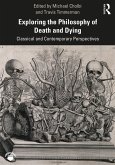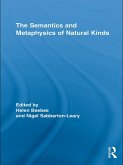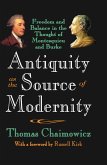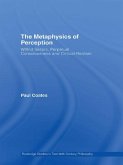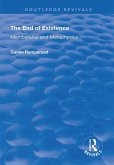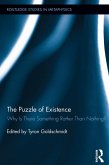In linking together a set of thinkers who addressed this form of temporal consciousness, Gabriel R. Ricci illuminates a common intellectual preoccupation from the vantage point of a concept. The authors do not together assemble the thought; it is the thought that produced a collective voice. This voice appears in the episodes outlined in each chapter, and they are framed by an introduction, which explores Joseph Frank's insights into the new spatial forms in literature, and an epilogue, which resurrects J.W. Dunne's peculiar dream experiments and theory of precognition. Ricci employs Frank's seminal essay to draw comparisons between literature's adaptation of the new time sense and philosophy's expression of the new compatibility between space and time. Dunne's theory serves to demonstrate the continuity between literary form and philosophical speculation.
Dieser Download kann aus rechtlichen Gründen nur mit Rechnungsadresse in A, B, BG, CY, CZ, D, DK, EW, E, FIN, F, GR, HR, H, IRL, I, LT, L, LR, M, NL, PL, P, R, S, SLO, SK ausgeliefert werden.



